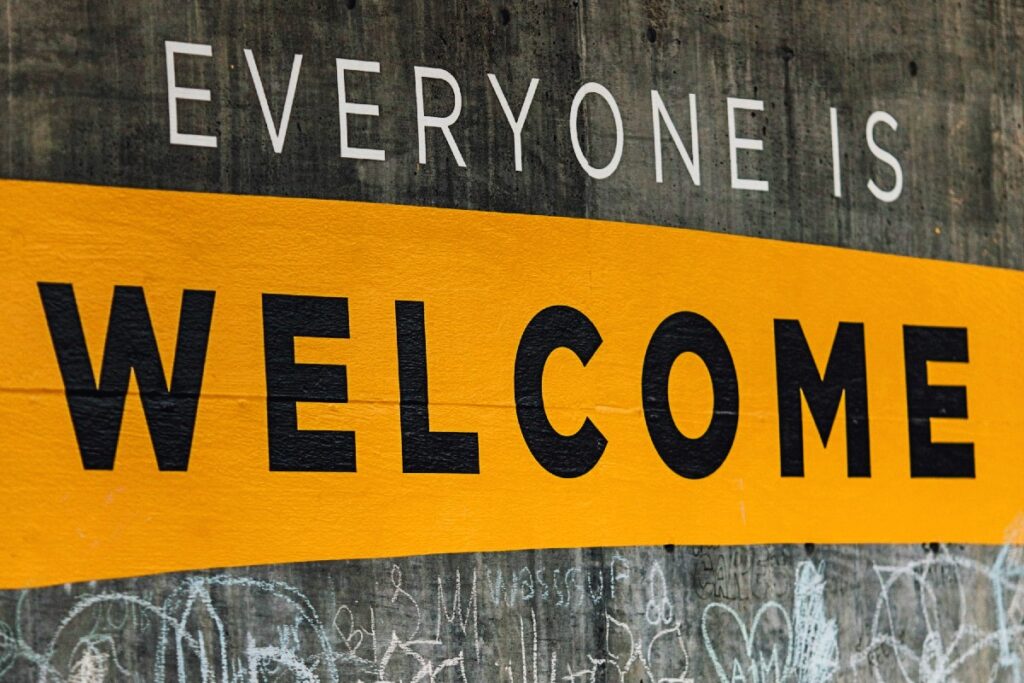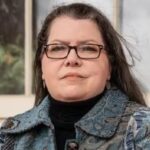
Commentary by Andy Brack | Given all of the political discontent across the United States, is there anything to be hopeful about?
 Susan Glisson, a Georgian who gained renown running the William Winter Institute for Racial Reconciliation at the University of Mississippi, believes there is. And hope’s location might come as a surprise to some – the South.
Susan Glisson, a Georgian who gained renown running the William Winter Institute for Racial Reconciliation at the University of Mississippi, believes there is. And hope’s location might come as a surprise to some – the South.
Our region, she says after three decades of working to bring people together to make their communities work better, is where the real work is being done to build hope and reduce barriers that keep people apart.
“I think the most innovative work about community development and social justice is happening around the South,” said Glisson in an interview as she was driving to Memphis, her new hub for working. “I have the blessing of seeing what amazing people are doing.”
Fresh off a year-long fellowship at Harvard University that gave her time to think about the future, she’s going to be working to build a movement for racial healing, reckoning and repair across Southern states.

“People are tired of polarization as a whole,” she said, citing a 2023 Pew Research Center report that said 86% of Americans think Republicans and Democrats were more focused with fighting each other than solving problems.
“The majority of the country wants to have more effective dialogue and solutions that make a difference,” she said. “But most people don’t know what that looks like. So we have to demonstrate what’s possible by modeling it in live, real communities and then offering to support people as they begin those journeys.”
Twenty years ago, Glisson led a community effort to confront the hard, racial history from the 1960s that cloaked Philadelphia, Miss., in fear and silence. That process, which became known as The Welcome Table, helped transform the town, just like similar efforts have done since in other Southern communities.
“Participants engage in self-reflection and build trusting relationships across lines of differences through story-telling,” Glisson told a Harvard audience earlier this month. “That trust provides the collective courage to grapple with hard histories and inequitable systems.
“Groups then identify common-sense solutions that repair those legacies by creating welcoming communities that share power and prosperity.”
She said she’s worked effectively across sectors, age groups and more in 25 states over the last three decades.
And the work continued while Glisson was at Harvard. Last month at the Carter Center in Atlanta, for example, she trained leaders from six Southern states in the Welcome Table methodology to boost community resilience.
Starting soon, she’ll be at The Big We project to help to transform South Memphis. And in February, she’ll be at Clemson University to help to facilitate a coming-to-grips process with the institution’s history of being located on an antebellum farm owned by former Vice President John C. Calhoun and operated by enslaved Africans.
“They want to widen and deepen their work” at Clemson, Glisson said. “They want to grapple with the legacy of those histories.”
That undertaking may be similar to a successful effort with the National Park Service that led to a one-of-a-kind 2023 reunion between the descendants of Confederate Gen. Robert E. Lee and those of Black families once enslaved in Arlington, Va.
“There’s a frustration and hunger for something deeper and more authentic that makes a difference for us and our children,” Glisson said this week.
And that – along with the success she’s achieved in communities across the South – gives her hope.
Andy Brack is editor and publisher of Statehouse Report and the Charleston City Paper. Have a comment? Send to: feedback@charlestoncitypaper.com.















 We Can Do Better, South Carolina!
We Can Do Better, South Carolina!